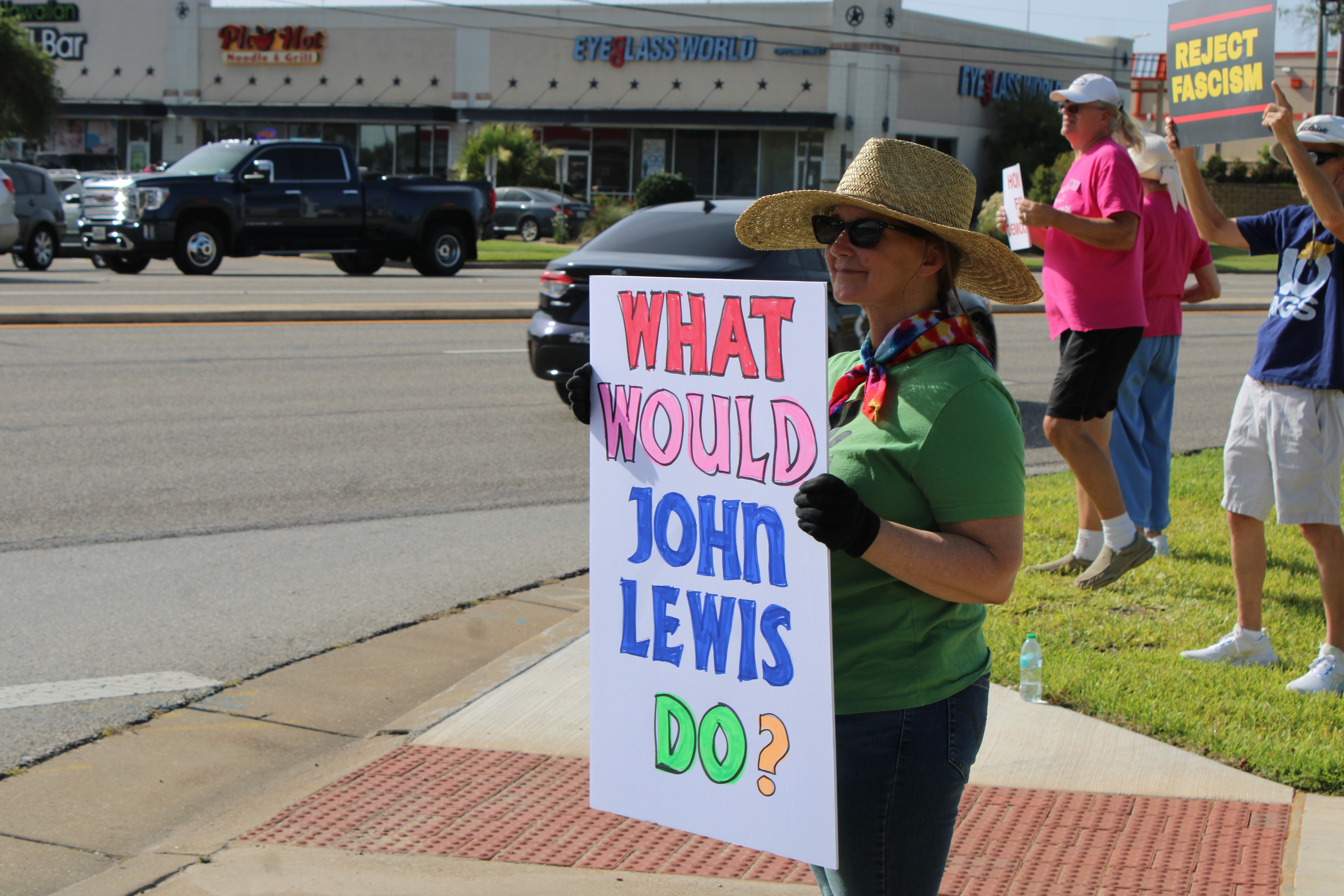Youths are harmed by minimum wage
Published 7:26 pm Sunday, July 12, 2015
Sen. Bernie Sanders is absolutely right about minority youth unemployment — it’s shamefully high. But the policies he prescribes — a higher minimum wage and more regulation — will only make matters worse. What’s needed is precisely the opposite: a lower, “training wage” and incentives to encourage employers to hire more.
“Sen. Bernie Sanders (I-Vt.) on Monday called youth unemployment a ‘national tragedy,’” The Hill reported last week. “Sanders pointed to an Economic Policy Institute study he requested that showed the real unemployment rate for black high school graduates, ages 17 to 20, was more than 51 percent during the 12 months ending in March.”
Trending
For Hispanics in the same group, the rate was 33 percent; even for black college graduates, ages 21 to 24, the rate was 23 percent. That’s 10 points higher than the rate for white college graduates, in the same age range.
“It is beyond comprehension that we, as a nation, have not focused attention on the fact that millions of young people are unable to find work and begin their careers in a productive economy,” he said in a statement. “We cannot turn our backs on this national tragedy.”
He’s right. But he’s completely wrong about what we should do about it.
He calls for more than doubling the minimum wage, from the current $7.25 to $15 per hour.
“If you do the arithmetic and people have to pay rent, have a car, and take care of their kids, and provide heat, and buy food and buy medicine, that’s what it takes as a minimum to live a decent life,” he says.
Here’s the flaw in his math. Those minority kids who need jobs, aren’t paying rent or buying cars, for the most part. They’re just trying to get their first job (usually part-time) and start building up skills and experience. The higher minimum wage only ensures that many won’t get that chance.
Trending
Economist Thomas Sowell has studied the matter extensively.
“A survey of American economists found that 90 percent of them regarded minimum wage laws as increasing the rate of unemployment among low-skilled workers,” he writes. “Inexperience is often the problem. Only about 2 percent of Americans over the age of 24 earned the minimum wage. Advocates of minimum wage laws usually base their support of such laws on their estimate of how much a worker ‘needs’ in order to have ‘a living wage’ — or on some other criterion that pays little or no attention to the worker’s skill level, experience or general productivity. So it is hardly surprising that minimum wage laws set wages that price many a young worker out of a job.”
Many economists advocate a lower (say $5 per hour) “training wage,” payable for up to a year, to encourage companies to hire more workers, and even some tax breaks and regulatory relief in exchange for hiring inexperienced and younger workers.
These are great ideas, and would have a real effect on the minority youth unemployment rate.
Sanders, like many socialists, sees the problem — but not the right cure.







